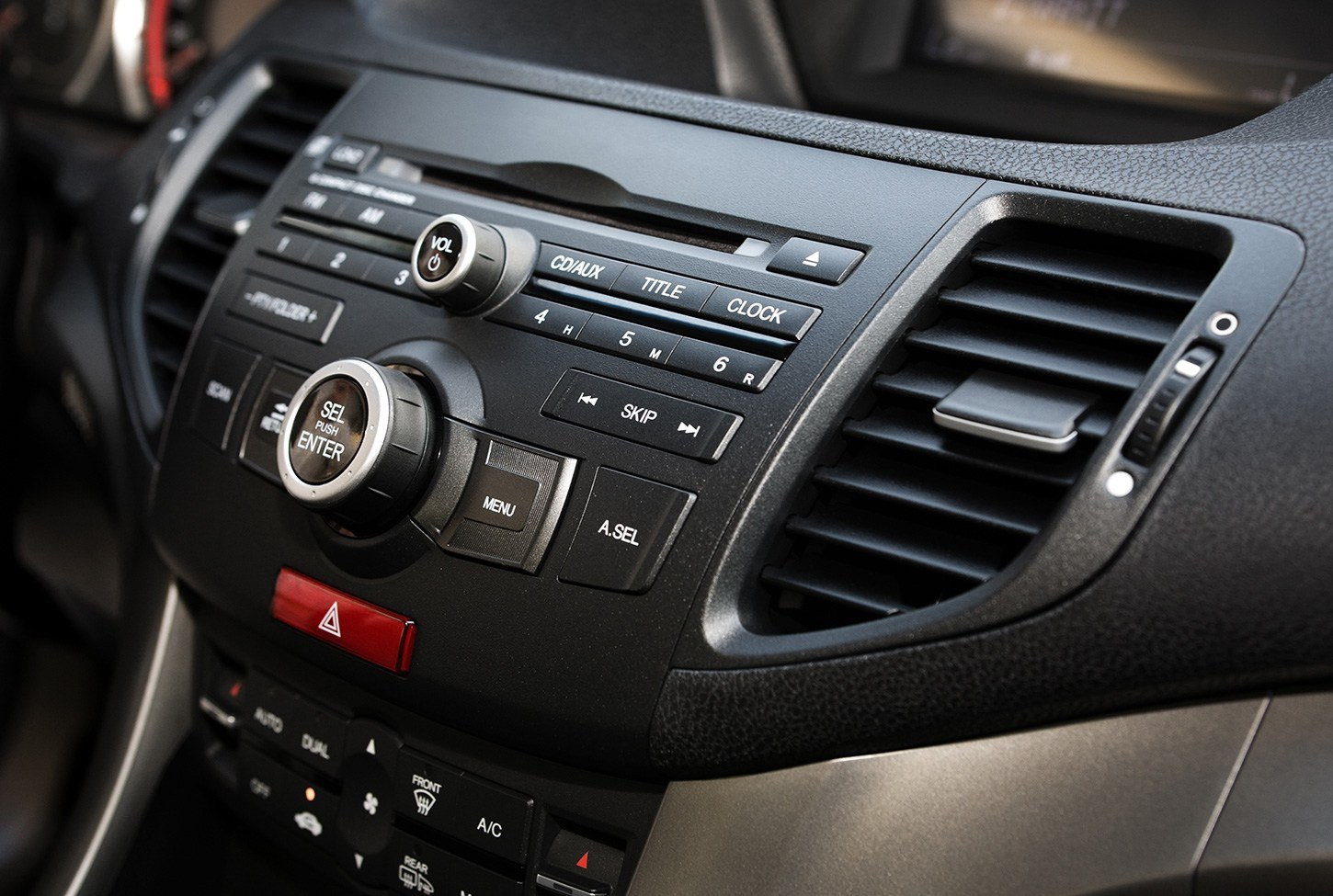Transmission

SERVICE OVERVIEW
There’s virtually no other engine more complex and crucial to car’s…
Engine oil is the lifeblood of the engine. The oil resides in the oil pan, which is under the car attached to the bottom of the engine. All internal (moving) parts of the engine need to be lubricated by the engine oil. Inadequate lubrication will cause the parts to wear out faster and eventually lead to engine failure. An oil filter keeps the oil clean and free of debris. If the filter is not replaced on a regular basis, it will get clogged and will not be able to pass oil into the engine.
How it's done:
- Remove and replace engine oil and filter.
- Check the condition of all fluids.
- Perform basic safety inspection.
- Start the vehicle and check for leaks in the system.
When it comes to electrical installation and electrical repair, JohnnyGo has years of experience which ensures that we’ll give expert solutions for your electrical problems. Our certified electricians have years of experience and miles of cables being untangled!
Our recommendation:
- It is best to follow the maintenance schedule provided by the manufacturer (you can check your schedule in your YourMechanic profile).
- We recommend replacing the oil and filter every 5,000 miles or four months.
- Synthetic oil (versus regular) is cost effective. It’s lubrication properties are better and you will not need oil changes as frequently.
- If you notice any fluids in your driveway, you should get your vehicle inspected immediately.
- Do not drive your car with low engine oil. It can severely damage the engine.
POPULAR QUESTIONS
Transmission fluid helps cool and lubricate your vehicle’s transmission’s internal parts. The transmission transfers power from the engine to the wheels of the car. An automatic transmission shifts the car into different gears depending on the speed that you are driving. In an automatic transmission car, the transmission system has an oil pan that contains the transmission fluid and fluid filter. The fluid provides the power/force required to shift into different gears. In manual transmission cars, there is a case that contains the transmission fluid.
Engine maintenance is vital to keep your car or truck operating at peak performance. It also impacts the longevity of your vehicle’s engine. Trust the experts at PRO Auto to help you protect your investment.
Rotating the tires on a regular basis will significantly extend their lifespan. The car’s four tires wear out differently. If one tire wears out more than the others, the car will start pulling in the direction of the newer tires. For example, if you let go of the steering wheel when driving, (for a moment!), the car should continue to go in a straight line. If the tires have worn out differently, the car will not travel in a straight line. It will drift in the direction of the better tire. This is also the reason why when you buy new tires, it is best to buy them in pairs. Rotating your tires will help even out tire wear by allowing each tire to serve in as many of the vehicle’s wheel positions as possible.
Engine oil is the lifeblood of the engine. The oil resides in the oil pan, which is under the car attached to the bottom of the engine. All internal (moving) parts of the engine need to be lubricated by the engine oil. Inadequate lubrication will cause the parts to wear out faster and eventually lead to engine failure. An oil filter keeps the oil clean and free of debris. If the filter is not replaced on a regular basis, it will get clogged and will not be able to pass oil into the engine.
